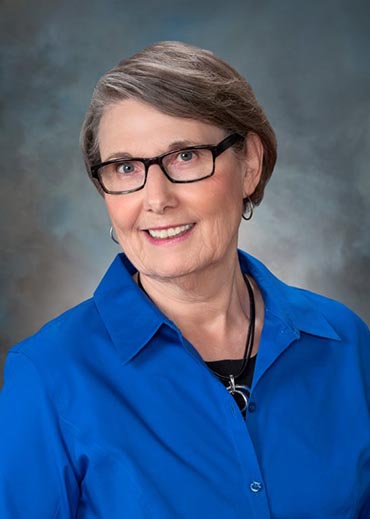About Christine Walker, LCSW

40 years of practice, now integrating body work with emotionally-based therapy.
Christine is a Licensed Clinical Social Worker in the Commonwealth of Virginia. As such, she is licensed in Virginia to diagnose and treat a full range of clinical concerns. She also provides education and professional training outside of Virginia.
She is a passionate voice in her profession and for the paradigm of Interpersonal Neurobiology, which integrates the fields of attachment, neuroscience, trauma, and pre and perinatal psychology.
She is a frequent speaker at professional organizations and has been approved by the Virginia National Association of Social Workers, Old Dominion University, and Commonwealth Educational Seminars to provide continuing education workshops as an independent provider. Her articles have been published in community newspapers.
Experience & Study
-
Master's Degree in Social Work
Christine obtained her Master of Social Work Degree from Virginia Commonwealth University, which was funded by a full scholarship from the Virginia Department of Social Services. After graduation she returned to work for the Department of Social Services where she provided direct services to the adoption and foster care community. In 1985, she was recognized by the then Commissioner of Social Services for her work with “Virginia’s children”.
Christine established her own licensed child placing agency where she facilitated infant and international adoptions. At the same time, Christine was a Family Specialist for Albemarle County Schools, assessing children and families for Special Education Services. She also received clinical supervision from the former Under Fives Study Center at The University of Virginia. There, she studied therapeutic communication with children.
-
Exploring Bonding between Parents and Children
Christine’s 20-year tenure with social services gave her direct exposure to the concepts of attachment and bonding between parents and children, and what can happen when this bond is disrupted. This experience planted a strong seed to know more, and led to Christine’s later study of Interpersonal Neurobiology.
-
Extensive Study in Attachment and Interpersonal Neurobiology
Interpersonal Neurbiology integrates the fields of attachment, neuroscience, trauma, and pre and perinatal psychology. Her in depth study of this material began in 2005, and is responsible for her numerous hours of CE credits obtained in this field, as well as her many hours of independent study. She now offers educational and experiential workshops exploring attachment theory, compassionate parenting and interpersonal neurobiology, which have been approved for academic CEs.
Personal Bio
This is a bit of my history that led me to become so passionate about attachment, neuroscience, and trauma resolution. What I have learned and experienced has pulled the plug on judgment, shame and blame, of self and others. It has drawn me towards becoming a more emotionally and experientially focused therapist, using research proven methods of body based psychotherapy.
As a social worker for Albemarle County Department of Social Services, I was continuously exposed to attachment research and the work of Dr. Bob Marvin at the University of Virginia. (Dr. Marvin is a nationally recognized researcher in the field of attachment, and well known for his role in developing the Circle of Security model of attachment therapy.)
Attachment was a mainstay of child welfare work. In addition, my clinical supervision for licensure afforded me the opportunity to delve deeper into the inner lives of young children.
At the same time, I was enamored with the DSM and the medical model approach to psychotherapy, which looks for pathology in people. This perspective was influenced by my graduate school years, which emphasized Freud; my preparation for licensure, which required studying the DSM; and especially my personal work with a medical model psychiatrist who was helping me through a crises.
Though I found the attachment and medical model paradigms helpful in many respects, something seemed to be missing. Serendipitously...


